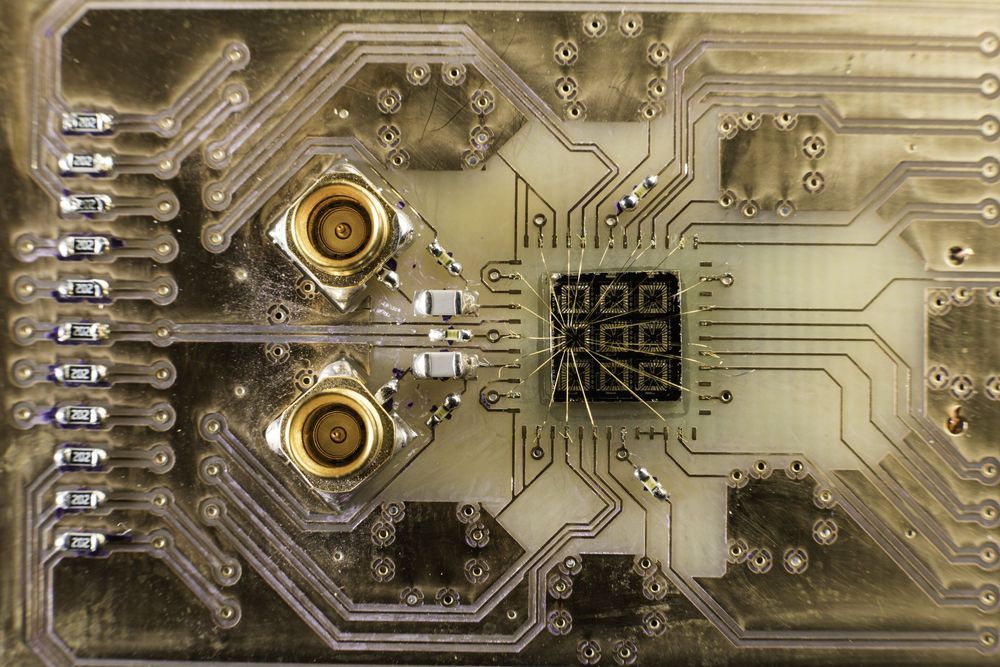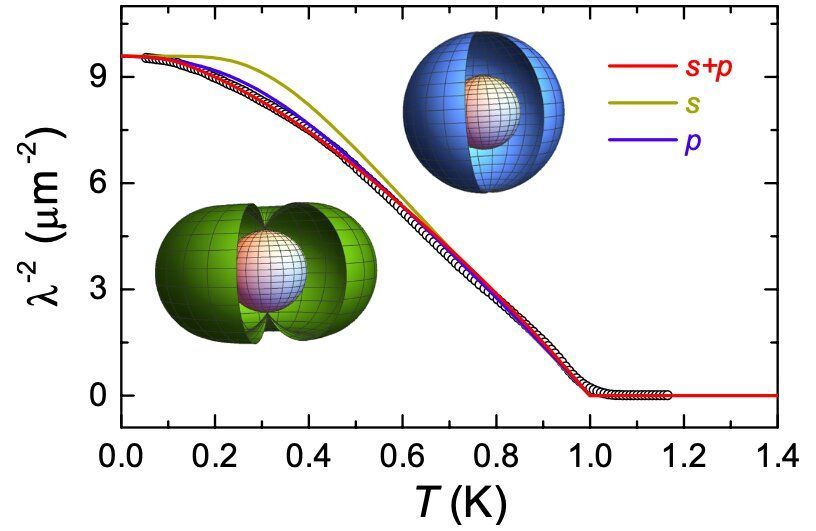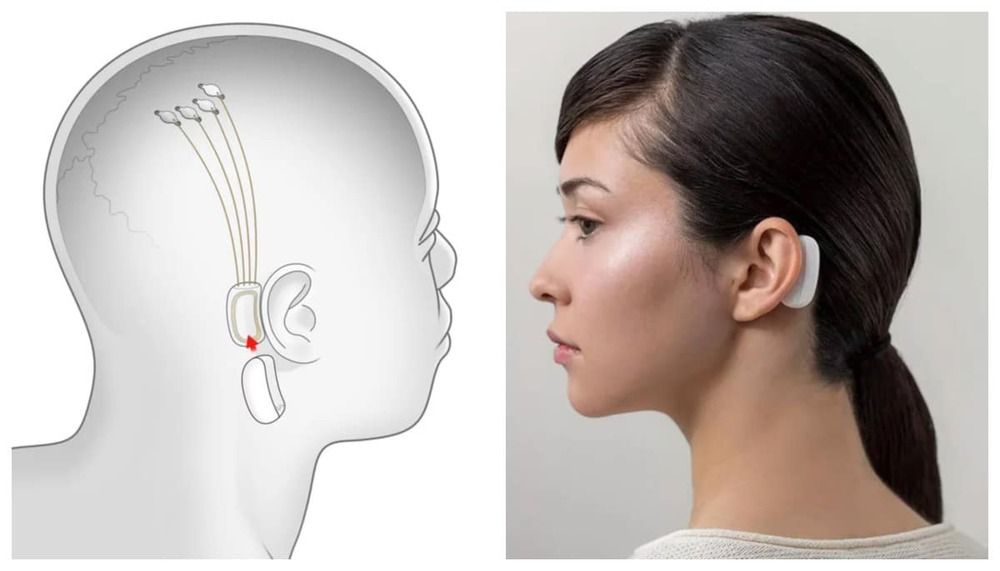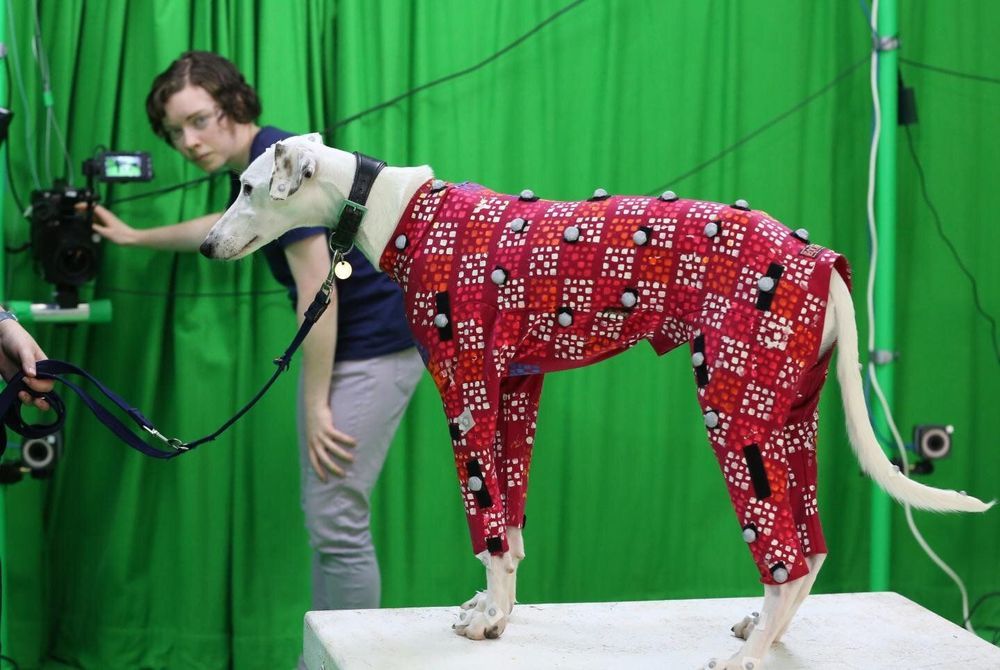In the vast majority of superconducting materials, Cooper pairs have what is known as even parity, which essentially means that their wave function does not change when electrons swap spatial coordinates. Conversely, some unconventional superconductors have been found to contain odd-parity Cooper pairs. This quality makes these unconventional materials particularly promising for quantum computing applications.
Past studies have predicted that noncentrosymmetric superconductors, which have a crystal structure with no center of inversion, could exhibit unique and unusual properties. In recent years, noncentrosymmetric superconductors have become a popular topic of research due to the structure of the Cooper pairs contained within them, which have a mixture of odd and even parity.
CaPtAs is a new noncentrosymmetric superconductor discovered by researchers at Zhejiang University. Together with scientists at the Paul Scherrer Institut and other institutes worldwide, these researchers have recently carried out a study investigating unconventional superconductivity in this compound. Their paper, published in Physical Review Letters, offers evidence that in its superconducting state, CaPtAs simultaneously exhibits both nodal superconductivity and broken time-reversal symmetry (TRS).









